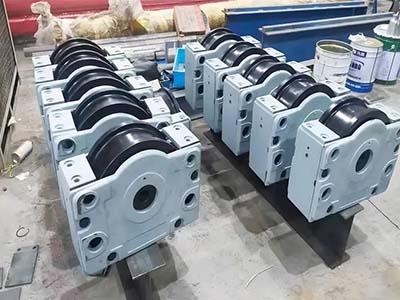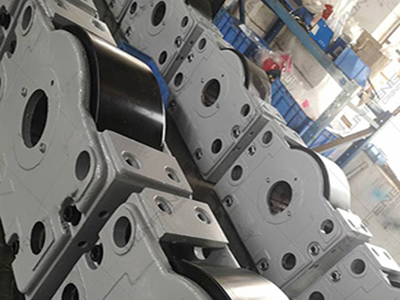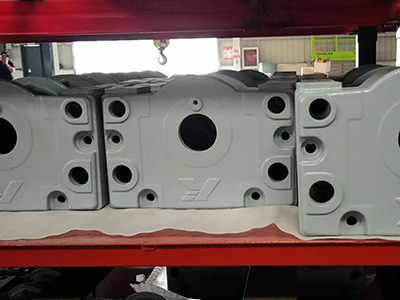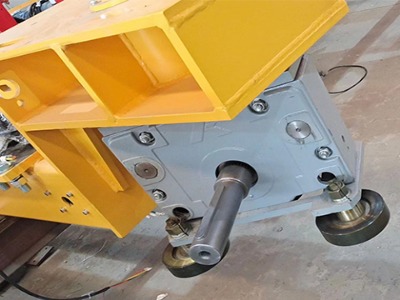How do Motorised Wheel block Systems Improve Industrial Efficiency?
In the ever-changing world of industrial operations, efficiency is not just a goal—it is a necessity. Among the many components that drive productivity, wheel block systems play a critical yet often overlooked role. These systems, which include wheels, axles, bearings, and braking mechanisms, form the foundation for smooth heavy-load transportation in manufacturing plants, warehouses, and logistics hubs. But how exactly do they enhance industrial efficiency? Let’s explore.

1. Enhanced Load Capacity and Mobility
Wheel block systems are precisely engineered to handle massive weights with accuracy. By utilizing high-quality bearings and hardened steel wheels, they distribute loads evenly and reduce friction, enabling the smooth transportation of heavy equipment, raw materials, or finished goods. This eliminates bottlenecks caused by manual handling, accelerates workflows, and minimizes delays in production lines or shipping areas.
2. Reduced Downtime and Maintenance
Equipment failure is the enemy of efficiency. Modern wheel block systems are built for durability and longevity. For example, sealed bearings with IP67 protection rating effectively prevent dust, moisture, and debris from intrusion, while heat-treated wheels resist wear and deformation. This reliability means fewer breakdowns, less frequent replacements, and lower maintenance costs—ensuring stable operations with minimal disruptions.
3. Safety and Stability
Inefficient movement can cause accidents, product damage, or even personnel injuries. Wheel block systems are equipped with safety-enhancing features such as mechanical brakes, anti-derailment flanges, and precision-engineered treads that grip rails securely. This ensures stable movement even under uneven loads or on inclined surfaces. As a result, both personnel and assets are protected, while accident-related disruptions and liability costs are reduced.
4. Energy Efficiency and Cost Savings
By reducing rolling resistance and optimizing load distribution, wheel block systems significantly lower the energy required for movement. For instance, some electric drive systems feature regenerative braking, which allows for energy recovery. Over the long term, this not only saves substantial energy costs but also lowers the total cost of ownership (TCO) thanks to their extended service life—making them a smart economic investment.
5. Adaptability to Automation
As industries advance toward Industry 4.0, wheel block systems are evolving to integrate with Automated Guided Vehicles (AGVs) and intelligent logistics networks. Systems equipped with sensors can monitor wear, temperature, and load conditions in real time, enabling predictive maintenance and preventing unexpected failures. This synergy with automation streamlines material flow, reduces human error, and enhances overall operational flexibility.
6. Environmental Impact
Efficiency is not just about speed—it is also about sustainability. Durable wheel block systems reduce waste by lasting longer, while energy-efficient designs help lower carbon emissions. By supporting smoother and faster operations, they enable companies to achieve greener manufacturing and logistics practices.
Conclusion: Driving Industrial Progress
Though small in size, wheel block systems play a profound role in improving industrial efficiency. From enhancing load capacity and safety to reducing costs and enabling automation, they are the unsung heroes of productivity. Investing in high-quality wheel block systems is not just an upgrade—it is a strategic step toward a more efficient, competitive, and sustainable future. Upgrade your operations with the right wheel block system—where precision meets performance. Contact us!




